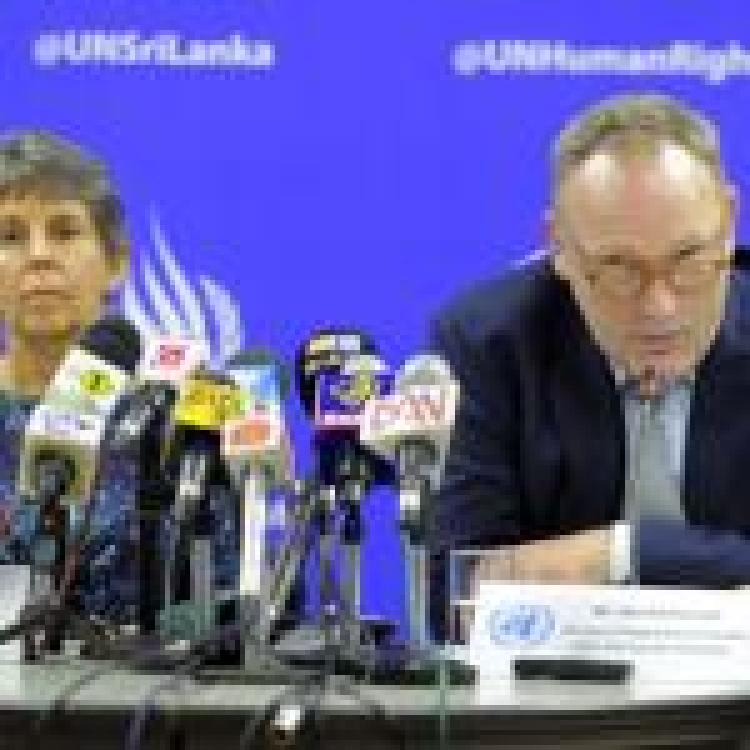Newly appointed UN High Commissioner for Human Rights, Michelle Bachelet said Sri Lanka had “moved too slowly towards meaningful implementation of the transitional justice agenda” in her opening statement to the UN Human Rights Council (UNHRC) earlier today.
Bachelet also stated that in Sri Lanka “recurrent incidents of racist and inter-communal violence are disturbing, as are announced plans to resume use of the death penalty” as the 39th session of the UNHRC began in Geneva.
She noted that though progress was slow, the “the Office of Missing Persons has now begun consultations and institutional capacity-building to fulfil its mandate”.
“We look to that Office to work quickly, to begin to provide answers to the families of the disappeared. Legislation establishing an Office for Reparations is also underway,” she added.
“More progress in advancing accountability and truth-seeking could have great weight in the long-term stability and prosperity of the nation.”
See the full text of her statement here.
The UN Human Rights chief’s raising of the issue of accountability comes in the wake of several senior Sri Lankan leaders, including the president, repeatedly speaking out against any accountability mechanism with international judges, as mandated by a 2015 UN resolution which the Sri Lankan government co-sponsored. The resolution, which was previously extended by the UNHRC, is due for review in March 2019.

